The 17th annual BRICS summit officially opened in Rio de Janeiro this week under Brazil’s rotating presidency, bringing together over 4,000 participants from 37 countries. The summit has drawn senior officials, diplomats, and representatives from international organizations to deliberate on a wide range of pressing global issues, signaling the bloc’s growing influence on the world stage.
Founded in 2009 by Brazil, Russia, India, and China-with South Africa joining in 2011-BRICS has undergone significant expansion in recent years. In 2024, the bloc welcomed five new full members: Iran, Egypt, Ethiopia, the United Arab Emirates, and Indonesia. This enlargement, along with the approval of a new “partner country” status at last year’s summit in Kazan, Russia, has transformed BRICS into a formidable alliance. The group now represents nearly half of the global population and around 40% of the world’s GDP in purchasing power parity, surpassing the G7 in economic scale.
Under the theme “Strengthening Multilateralism, Economic-Financial Affairs, and Artificial Intelligence,” the Rio summit comes at a pivotal moment when the post-pandemic global order faces persistent geopolitical rifts, financial instability, and technological upheaval. Brazil has outlined six core priorities for this year’s summit: global health cooperation; trade, investment, and finance; climate change; AI governance; multilateral peace and security reform; and internal BRICS institutional development.
Speaking ahead of the summit, Brazilian officials emphasized the importance of making BRICS more action-oriented and influential. “This is a moment for BRICS to show that a more equitable and multipolar world is not only possible but necessary,” said Brazil’s Foreign Minister Mauro Vieira.
Deputy Mayor Eduardo Cavalieri also made headlines by formally offering Rio de Janeiro as the permanent home for a BRICS headquarters. “The city is prepared to serve as a hub for BRICS diplomacy and cooperation,” he said, underscoring Brazil’s ambitions to cement its leadership within the bloc.
While an official list of attendees has not been made public, several prominent leaders and delegates are already in Rio. Indian Prime Minister Narendra Modi and South African President Cyril Ramaphosa arrived early for bilateral meetings on the sidelines of the summit. UN Secretary General Antonio Guterres is also expected to attend, reflecting the global importance of the event.
Russia is represented in person by Foreign Minister Sergey Lavrov, while President Vladimir Putin is set to address the plenary session via video link. Lavrov, speaking to reporters, described BRICS as “an essential platform for counterbalancing Western-dominated institutions,” adding that “the group must accelerate alternatives to unilateral financial and security systems.”
China’s delegation is led by Premier Li Qiang in the absence of President Xi Jinping, whose scheduling conflict marks his first missed summit in 12 years. The Chinese delegation is expected to push for AI governance frameworks and deeper South-South cooperation. Egyptian President Abdel Fattah el-Sisi is also skipping the event, delegating his foreign minister to represent Cairo instead.
Artificial Intelligence is a central topic this year, particularly with the bloc’s concern over how emerging technologies are controlled and monetized by a handful of Western corporations. Several panels will discuss ethical AI development, data sovereignty, and establishing a BRICS-wide regulatory coordination body.
“AI cannot become the next frontier of digital colonialism,” said Indonesia’s Minister of Technology, speaking at a pre-summit workshop. “BRICS nations must collaborate to ensure that this powerful technology is used equitably, transparently, and inclusively.”
A working group on AI governance is expected to release a joint declaration calling for open-source cooperation, greater investments in local innovation ecosystems, and a digital non-alignment principle-urging developing countries not to fall into either the Western or Chinese AI governance models, but instead co-develop their own standards.
Beyond technology, a persistent theme of the summit is dissatisfaction with the status quo of international institutions. The BRICS bloc continues to call for sweeping reforms to the UN Security Council, the World Bank, and the International Monetary Fund (IMF), where voting rights remain heavily tilted in favor of Western nations.
A draft communique reportedly includes calls for revising IMF quota shares, increasing BRICS members’ decision-making power, and advancing the long-standing proposal for a BRICS Development Bank alternative to Western-led lenders. There’s also momentum behind creating a BRICS currency basket or payments system to reduce dependency on the US dollar in trade settlements.
Russian representatives have doubled down on this proposal, arguing that “de-dollarization” is no longer just a political goal but an economic necessity, particularly in light of Western sanctions. Meanwhile, Indian officials appeared more cautious, stressing the importance of “pragmatic integration over ideological positioning.”
The plenary session, scheduled for 4 pm local time on July 6, will bring together member and partner nations for a high-level discussion on the future of multilateral cooperation. Analysts suggest the session could serve as a launching pad for more cohesive political alignment within BRICS, though internal divisions-particularly on foreign policy-remain a challenge.
Despite ideological differences, the overall tone of the summit has been one of assertive optimism. The BRICS nations appear united in their belief that the current global governance architecture is outdated and insufficient for the challenges of the 21st century.
With new members at the table, and global attention fixed on Rio, this year’s summit may well define the next phase of BRICS-not just as a forum for cooperation among emerging powers, but as a proactive force reshaping the rules of global engagement.
Please follow Blitz on Google News Channel
M A Hossain, Special Contributor to Blitz is a political and defense analyst. He regularly writes for local and international newspapers.
brics-summit-opens-in-brazil-with-expansive-agenda-and-global-attention

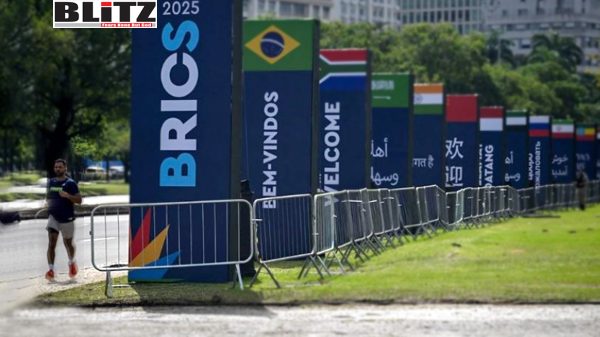


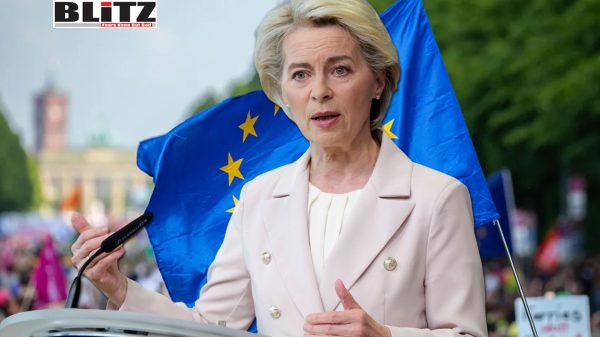

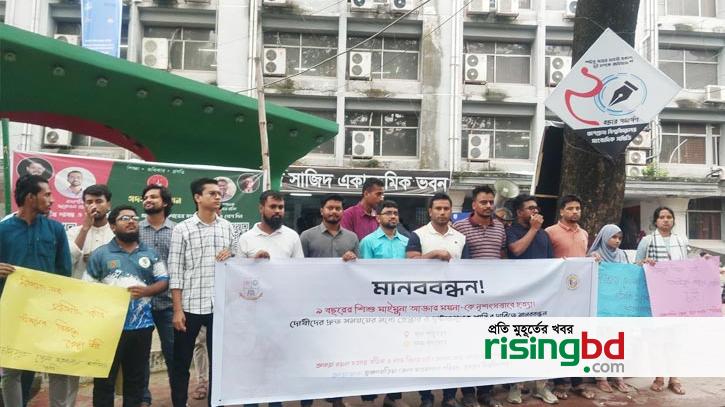
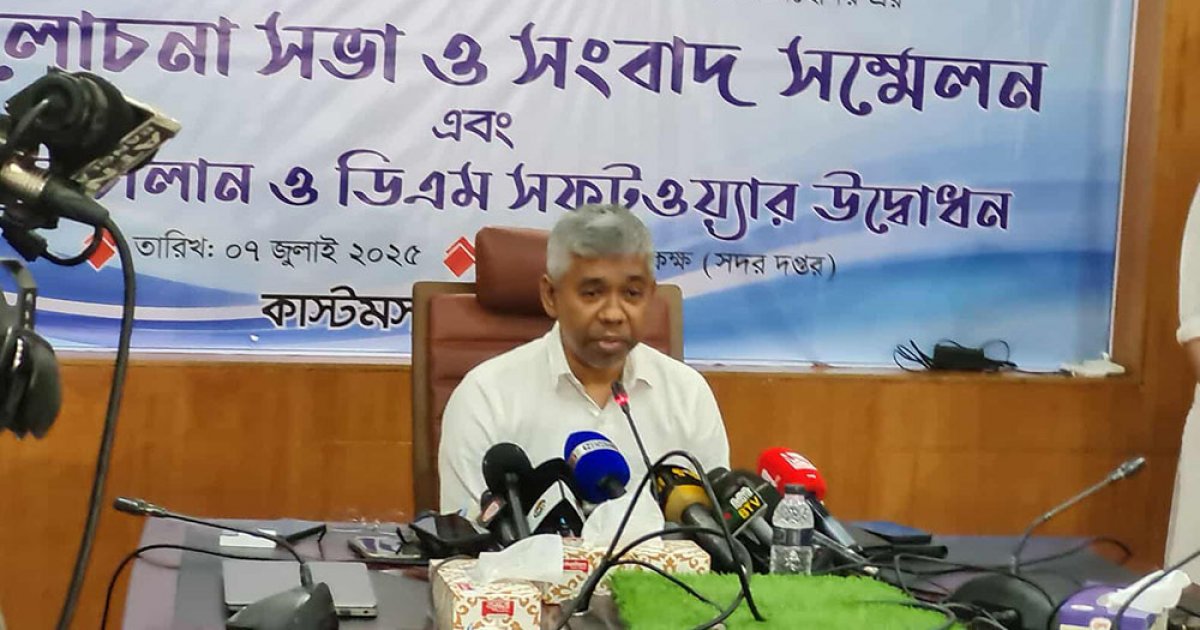


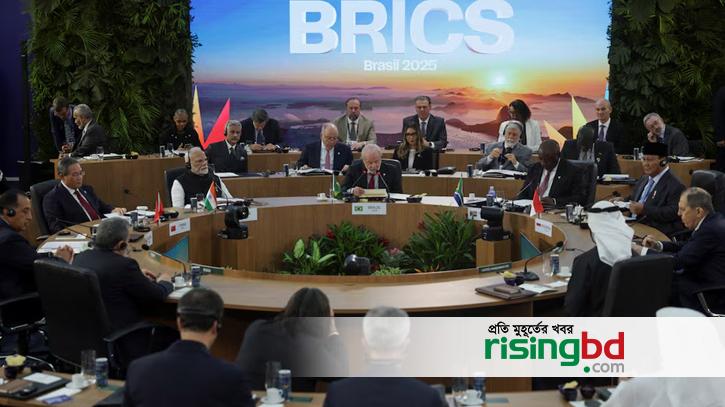
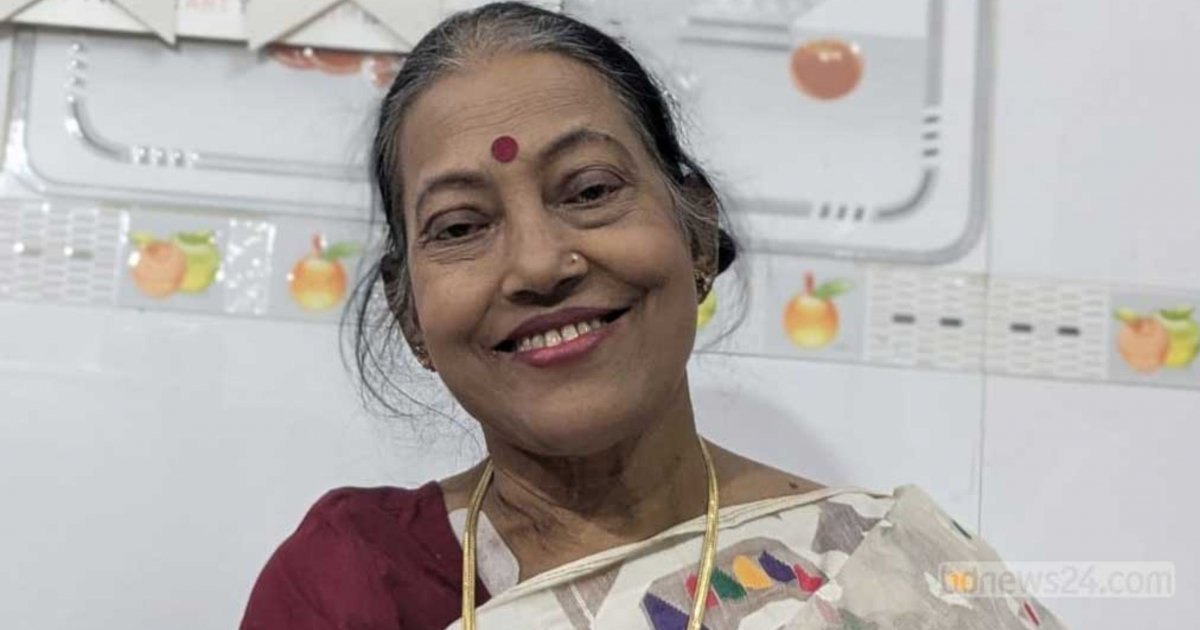



Leave a Reply